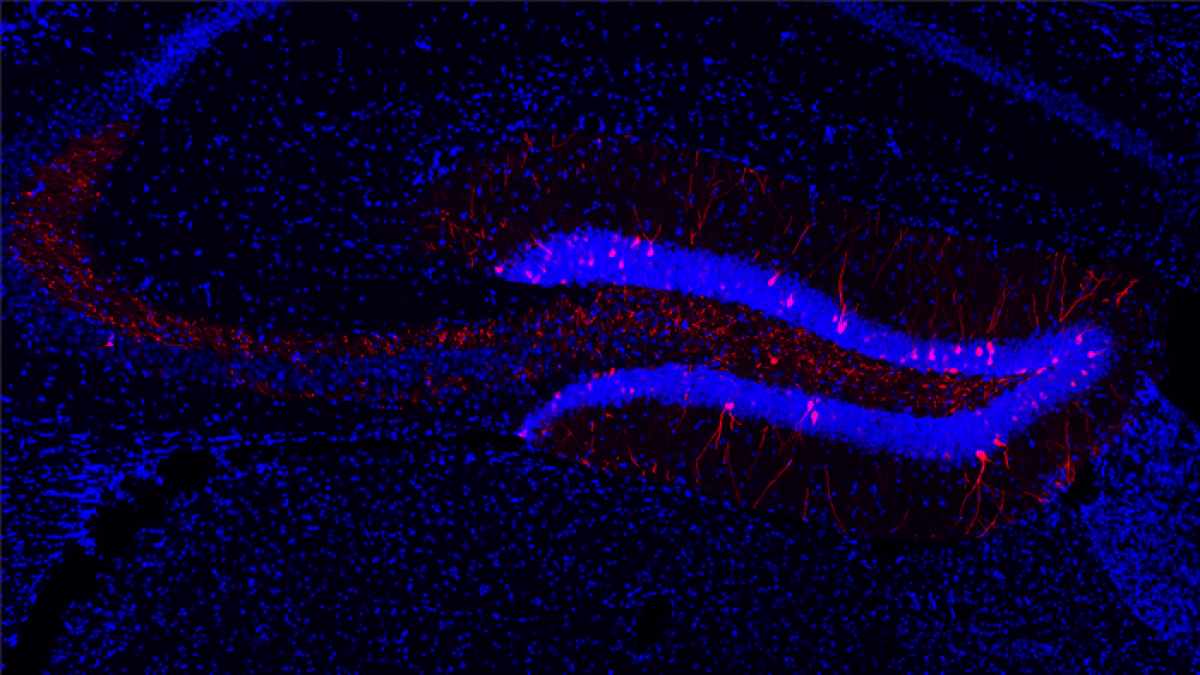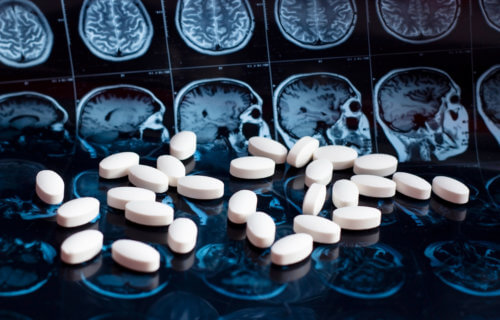GRONINGEN, Netherlands — A common prescription drug for asthma and COPD may also have the ability to unlock information people have forgotten. In a study of mice, researchers from the University of Groningen found that both gene therapy and the drug roflumilast were able to improve memory in sleep-deprived animals.
Neuroscientist Robbert Havekes and his team have been studying how sleep deprivation affects memory — not just in animals, but in humans too. Previous studies have shown that lack of sleep has a negative effect on memory. Havekes says this is why pulling an all-nighter while studying for a test doesn’t always work out. However, the new study found that this information isn’t lost forever, it’s still stored in the brain but becomes harder to access.
“Sleep deprivation undermines memory processes, but every student knows that an answer that eluded them during the exam might pop up hours afterwards. In that case, the information was, in fact, stored in the brain, but just difficult to retrieve,” the neuroscientist explains in a university release.
Light literally uncovers ‘hidden’ memories
During their study, Havekes and his team tested a genetic technique that triggered brain cells to produce more light-sensitive protein (channelrhodopsin). They focused on specific neurons which activate during the learning process. Researchers say this optogenetic approach made it possible to recall specific experiences just by shining light on the cells.
“In our sleep deprivation studies, we applied this approach to neurons in the hippocampus, the area in the brain where spatial information and factual knowledge are stored,” Havekes reports.
Using genetically engineered mice, the team gave the animals a spatial learning task to complete where they had to learn the location of specific objects. Study authors explain that this process relies heavily on the neurons in the hippocampus — the brain center for emotion and memory. The mice did this activity again days later, but researchers moved one of the objects to a new location. Sleep-deprived mice failed to pick up on the spatial change, which researchers say means the animals couldn’t remember the original object’s location.
“However, when we reintroduced them to the task after reactivating the hippocampal neurons that initially stored this information with light, they did successfully remember the original locations,” says Havekes. “This shows that the information was stored in the hippocampus during sleep deprivation, but couldn’t be retrieved without the stimulation.”

Roflumilast had the same impact as gene therapy
Giving the mice roflumilast, which is a prescription drug that decreases swelling in the lungs, also worked on the same molecular pathways involved in memory.
“When we gave mice that were trained while being sleep deprived roflumilast just before the second test, they remembered, exactly as happened with the direct stimulation of the neurons,” Havekes continues.
Since roflumilast is already approved for use in humans and the drug is capable of entering the brain, study authors are hoping to conduct further tests which show that the drug can access “lost” memories in people.
“It might be possible to stimulate the memory accessibility in people with age-induced memory problems or early-stage Alzheimer’s disease with roflumilast,” Havekes adds. “And maybe we could reactivate specific memories to make them permanently retrievable again, as we successfully did in mice.”
The team theorizes that if people use roflumilast while trying to “relive” a memory or study for a test, the information may reconsolidate more firmly in the patient’s brain.
“For now, this is all speculation of course, but time will tell,” Havekes says. “My interest lies in unravelling the molecular mechanisms that underlie all these processes. What makes memories accessible or inaccessible? How does roflumilast restore access to these ‘hidden’ memories? As always with science, by addressing one question you get many new questions for free.”
The study is published in the journal Current Biology.

